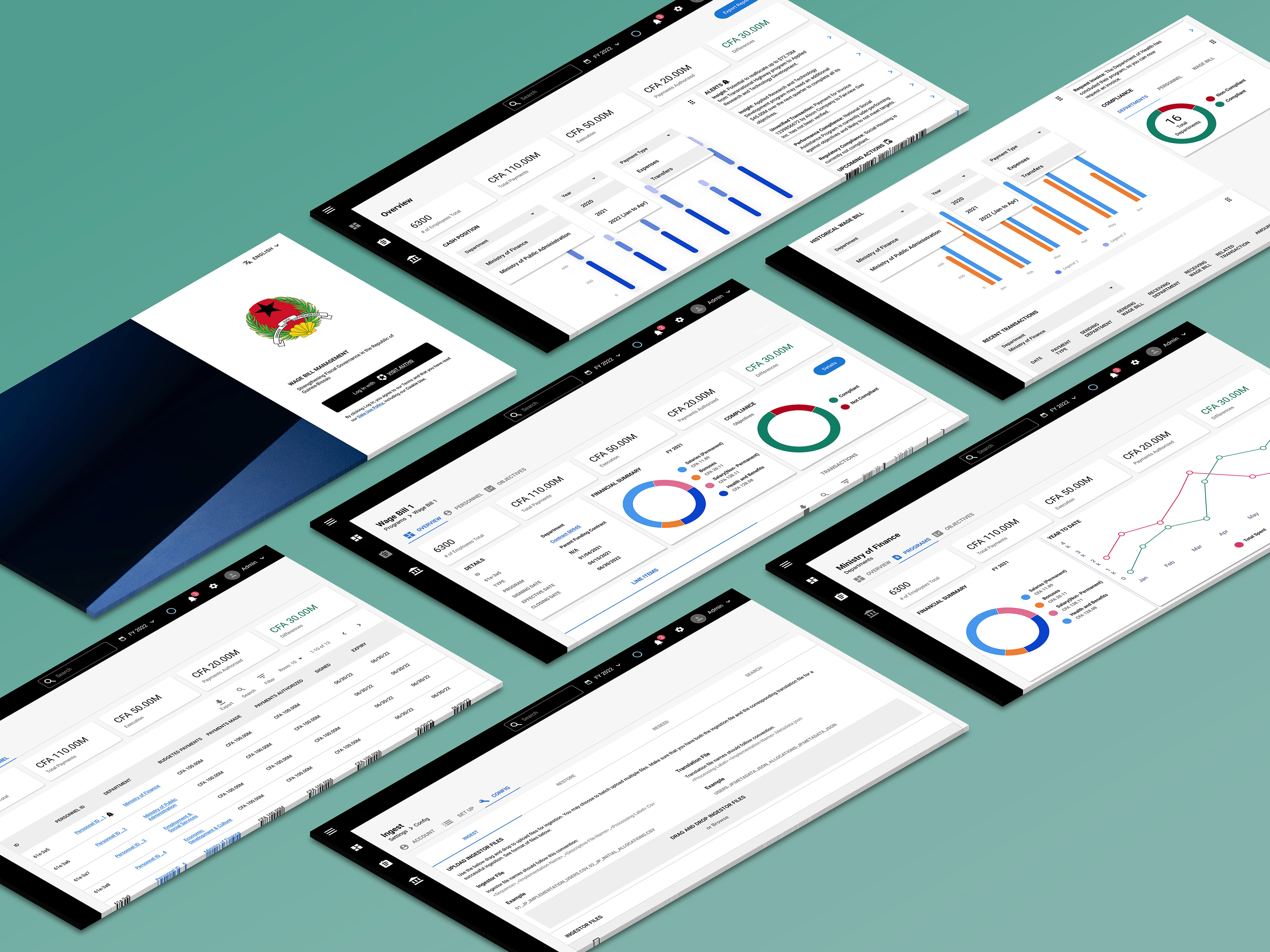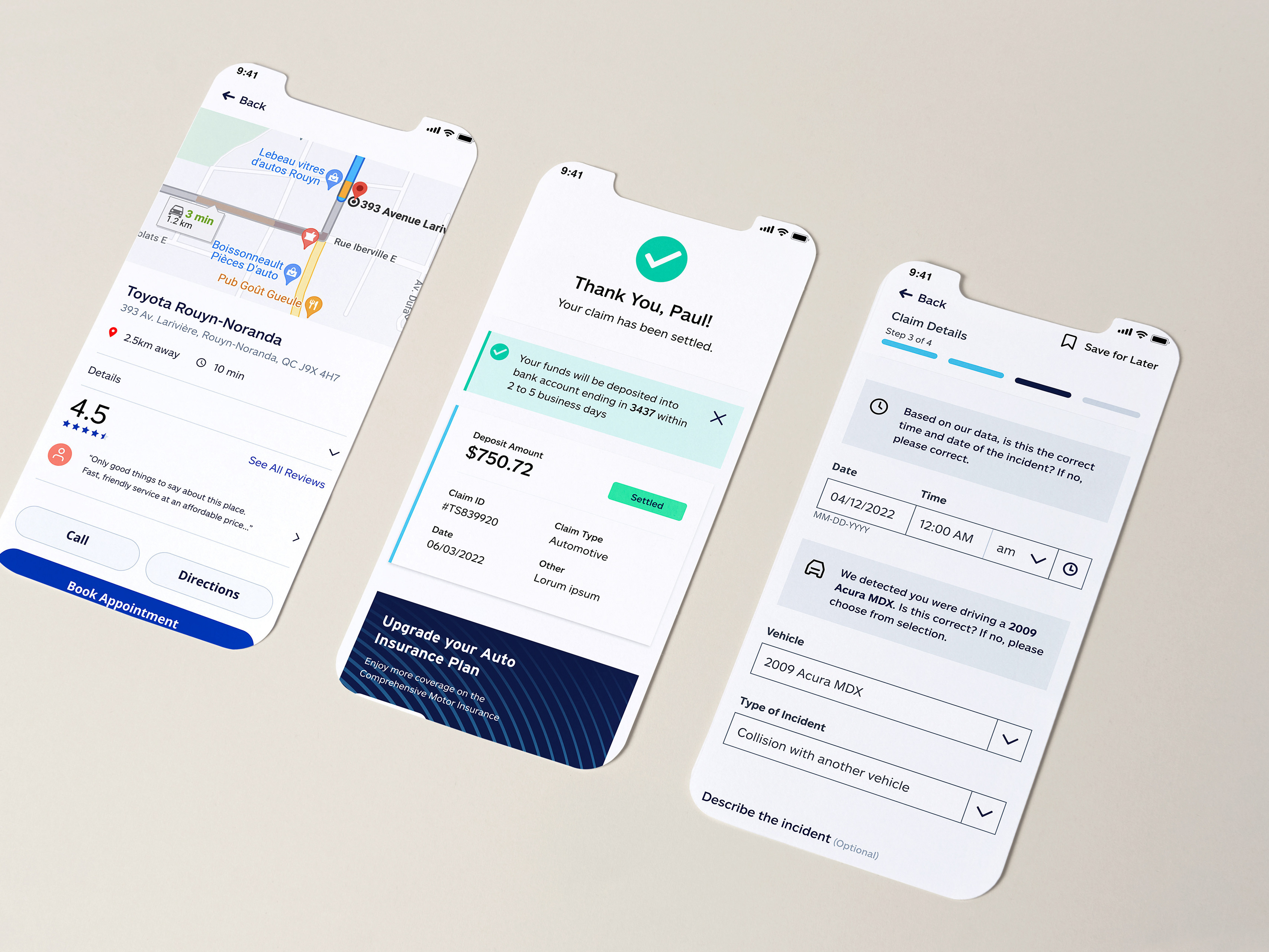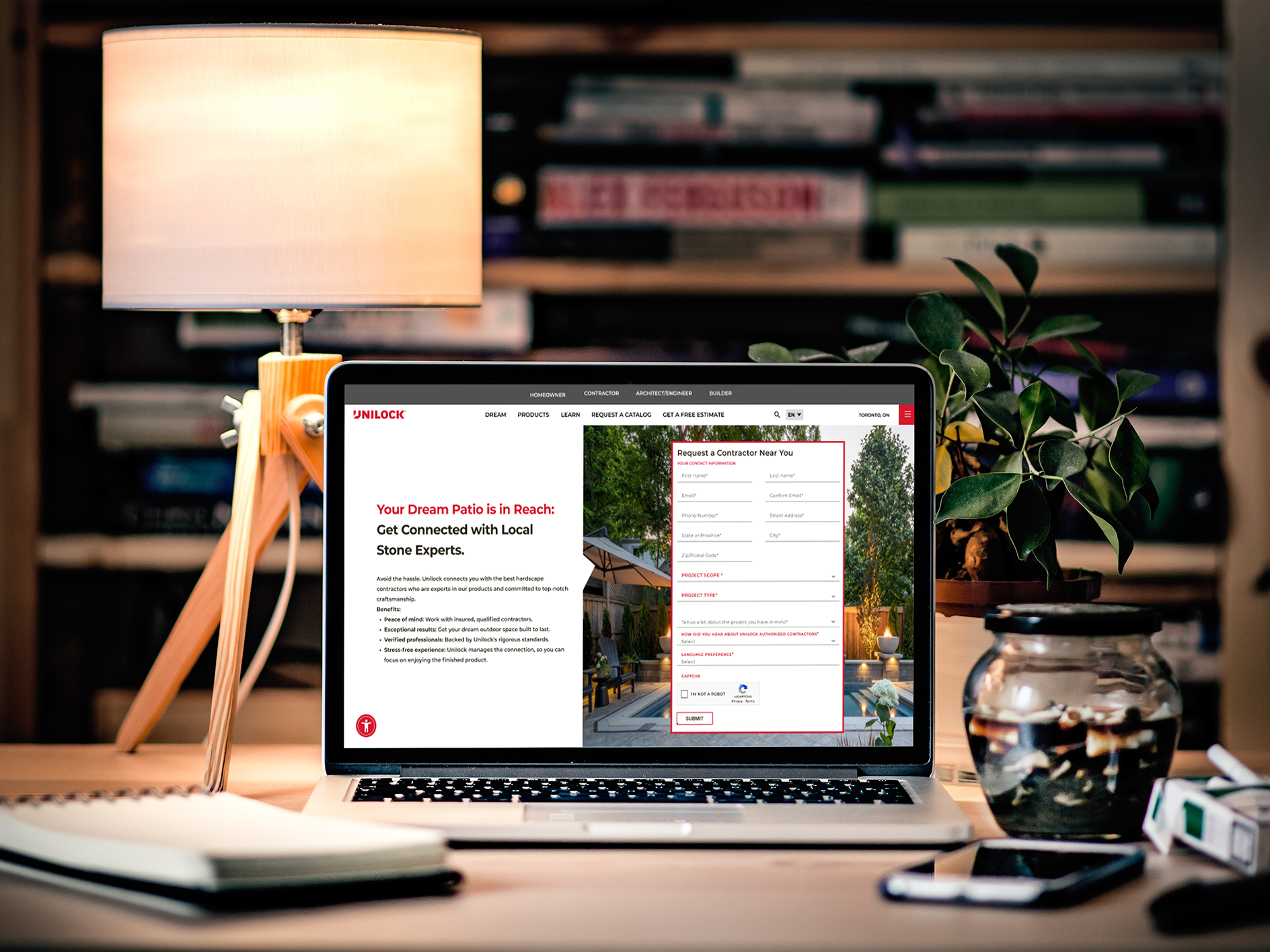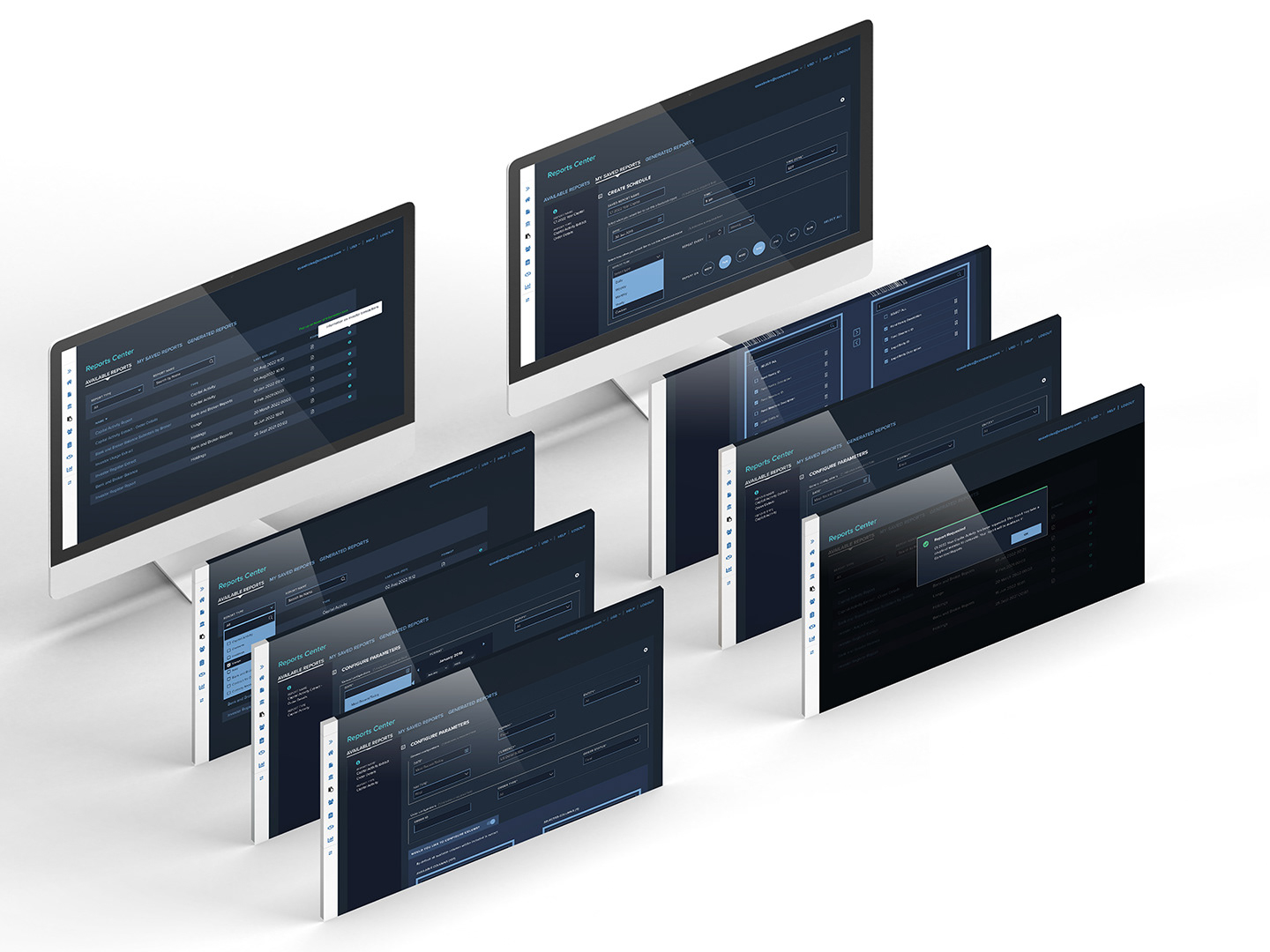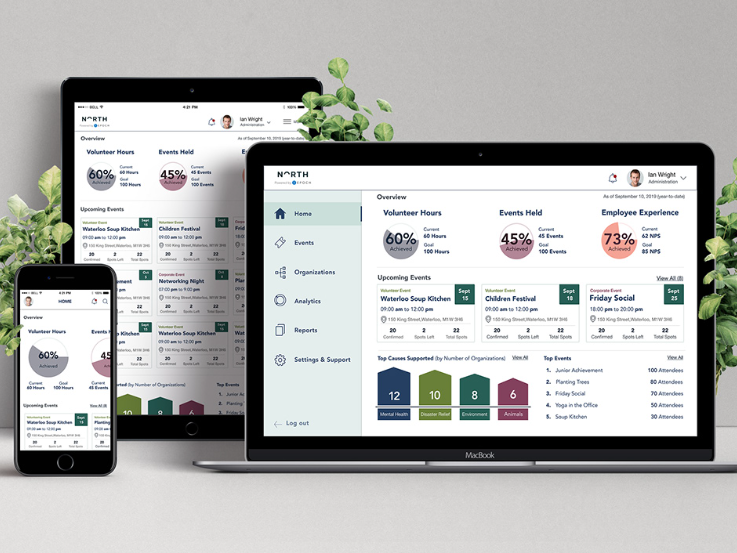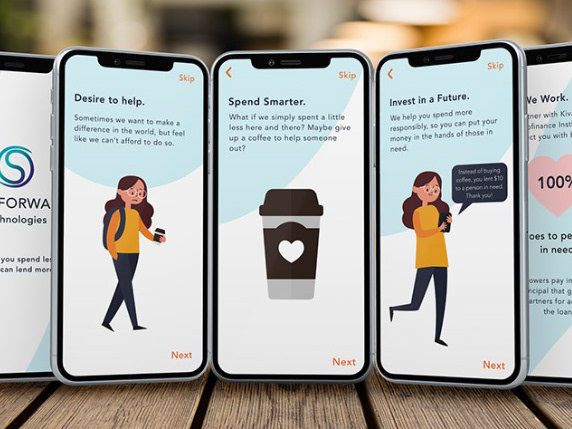EverKind onboarding flow overview: From initial welcome screen to AI coach interaction, demonstrating the progressive trust-building journey that allows users to experience core features before account creation.
Timeline: 3 months (MVP Phase, 2025)
Role: Lead Product and AI Content Strategist — mapped multi-turn flows, created an intent taxonomy, authored tone & safety guidelines, and validated with prototype tests; engineers implemented in Dialogflow per my specs (intents, entities, contexts, fallbacks).
Team: Head of Product, Head of Engineering, Head of AI, Development Firm CEO, Investor Representatives
Governance: Weekly steering committee oversight with formal approval processes
Intelligent Authentication Architecture: Unified landing page offering multiple sign-in options while prominently featuring the 'Continue as guest' option to remove barriers for users needing immediate mental health support.
Lean Onboarding User Journey Map: Strategic framework mapping the six-stage progression from Welcome Screen to Account Invitation, tracking user goals, actions, emotions, and opportunities at each touchpoint while identifying potential friction points in SMS integration and highlighting the emotional journey from curiosity to satisfaction.
Competitive Analysis Framework: Comprehensive evaluation of mental health and wellness app user flows including Mind Doc, Youper, Wysa, Replika, Daylio, Noah, and Hypedocs - analyzing onboarding patterns, feature introduction strategies, and user journey structures to inform EverKind's trust-first design approach.
Trust-building conversation flow: AI coach provides personalized responses and offers feature exploration ('Show me around') while maintaining clear boundaries about its role and capabilities.
Personalized onboarding experience: The AI coach introduces itself and sets expectations for the coaching relationship while offering immediate value through conversation and journaling capabilities.
Feature Discovery Through Natural Dialogue: Progressive disclosure of journaling capabilities, showing how users are introduced to features organically through conversation rather than overwhelming feature lists.
Trust-First Privacy Design: Transparent privacy controls and clear data usage explanations presented in accessible language, addressing user concerns upfront without creating anxiety.
Strategic Conversion Optimization: The 'Keep this chat' prompt appears after users have experienced value, using empathetic messaging that acknowledges the user's emotional state while offering account benefits without pressure.
• Semantic structure applied in UI components for assistive tech compatibility (e.g., screen readers).
• Voice input offered as an alternative to typing, supporting users with motor or literacy challenges.
EverKind Authentication Flow: Complete sign-up and sign-in user journey including community-focused welcome screen with guest access, account creation form, terms acceptance, sign-in options, and personalized returning user experience - demonstrating the flexible authentication architecture that prioritizes user choice and immediate access to support.
Daily Journal Feature Flow: Progressive journaling experience showing the journey from initial welcome entry through active writing and reflection, demonstrating how journaling capabilities are naturally introduced and integrated into the user's mental wellness routine as part of the conversational onboarding process.
Personalized Journal History: Harry's daily journal overview showing a chronological list of entries with emotional indicators, demonstrating how the platform tracks user progress over time while maintaining an accessible, non-clinical interface that encourages continued engagement with mental wellness practices.
SMS Integration and Verification Flow: Complete phone number verification process enabling SMS coaching support, demonstrating how users can seamlessly connect their mobile devices for enhanced accessibility and continuous mental health support beyond the app interface.
Meditation Library Interface: Curated collection of guided meditation sessions including breathing exercises, gratitude practices, sound bath meditations, and chakra work - showcasing how mindfulness tools are integrated into the platform to provide comprehensive mental wellness resources alongside AI coaching.
